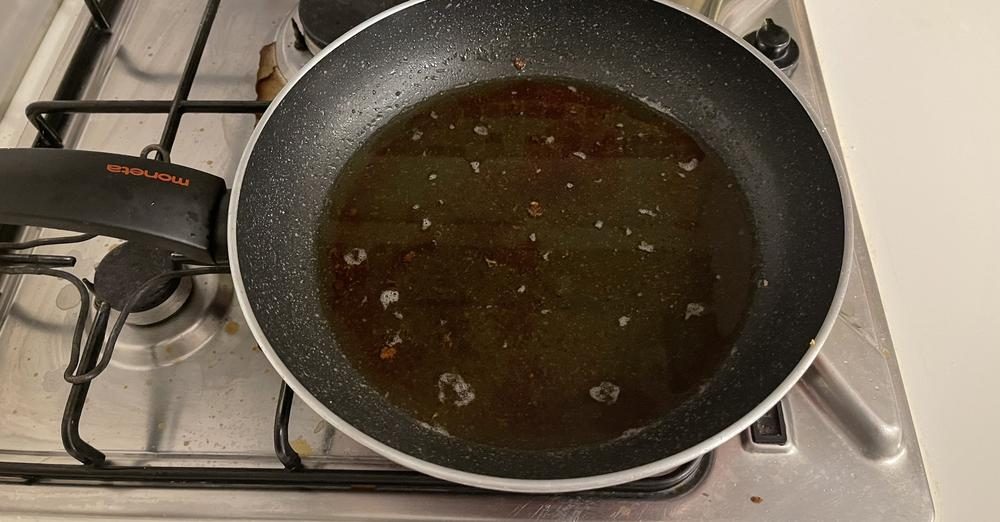;)
You have prepared a delicious and succulent spaghetti with clams and now you don't know what to do with the shells of these small and greedy molluscs? After the best mussels soup of your life you are doubtful about a proper disposal? Don't worry, it has happened to everyone at least once in their life and the answer is not as simple or obvious as you imagine. In fact the shells of mussels and clams, in spite of what one might think, constitute a very particular food waste that requires a fairly long disposal time. So let's see how to dispose of them in the correct way and where to throw them for an effective and environmentally friendly waste collection.
How to properly dispose of the shells of mussels and clams

Although they are natural products of the sea, the shells of mussels and clams (but also all the other shells) are mainly composed of calcium carbonate, a substance that makes them non-biodegradable and difficult to compostable. We are used to throwing the shells in the organic waste bin but actually it is a mistake; the calcareous nature of shells is in fact incompatible with the aim of collecting biodegradable waste, that is. the production of a compost to be used also as natural fertilizer. Where to throw them, then? Once the spaghetti is finished and the mussels have been cleaned, the shells must be disposed of in the dry undifferentiated waste bin.
How to be sure, from city to city

The general rule provides for the disposal of shells in the dry undifferentiated waste bin, but it is important to underline that separate waste collection can vary from city to city and that in some cities it is also allowed to throw them in the organic waste bin, together with biodegradable waste (kitchen waste, coffee grounds, expired or spoiled food). This choice derives from the fact that, thanks to some disposal techniques, the shells can "dissolve" in the composting process and are therefore useful and functional for the disposal of organic waste. To be sure to make the right "choice" and to correctly dispose of the shells of mussels and clams, we suggest you consult the guidelines of the company that deals with waste disposal in your city.

;Resize,width=712;)

;Resize,width=767;)
